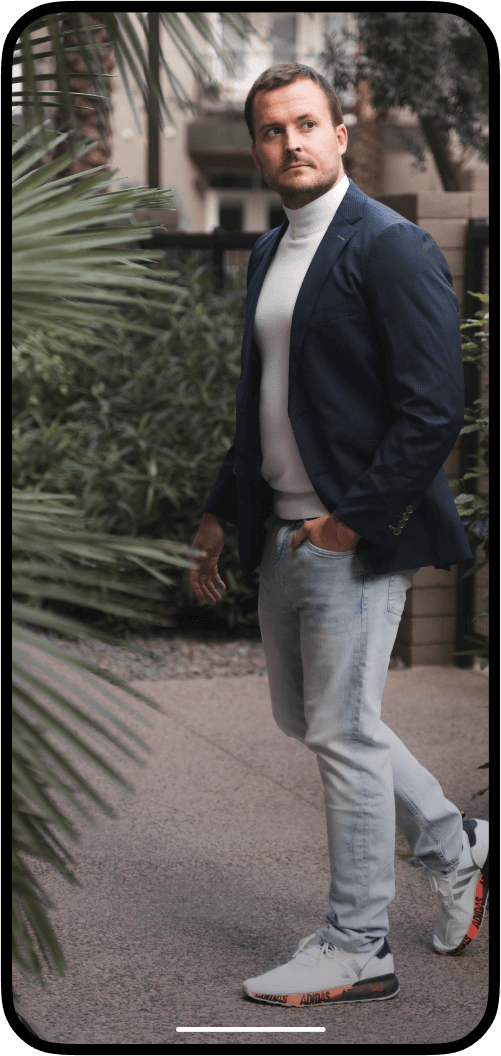Home » Personal Injury Lawyer » California Personal Injury Attorneys » Oakland Personal Injury Lawyer
Oakland ranks among the top cities in California for serious traffic injuries. Whether you’re walking through Fruitvale or driving along International Boulevard, accidents don’t discriminate. They hit fast, and they hit hard.
If you’ve been hurt because someone else ignored the rules or acted carelessly, it’s more than just an accident — it’s a disruption to your life, your health, and your future. You deserve to have someone in your corner who understands what you’re going through and knows how to help you move forward.
TopDog Law Personal Injury Lawyers works with a trusted network of experienced personal injury attorneys in the Oakland area. These attorneys understand the local roads, legal system, and the strategies insurance companies often use to minimize compensation. More importantly, they know how to stand up for individuals like you — people who didn’t ask for this hardship and simply want fair compensation for what they’ve lost.
If you’re ready to explore your legal options, there’s a local attorney who can review your case, explain your rights, and work diligently to help you pursue the compensation you need to rebuild your life.

It costs absolutely nothing to see if you have a case
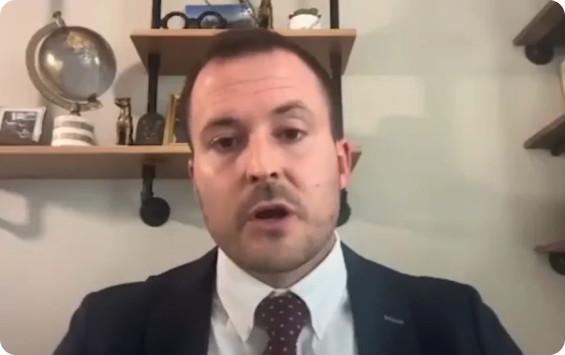
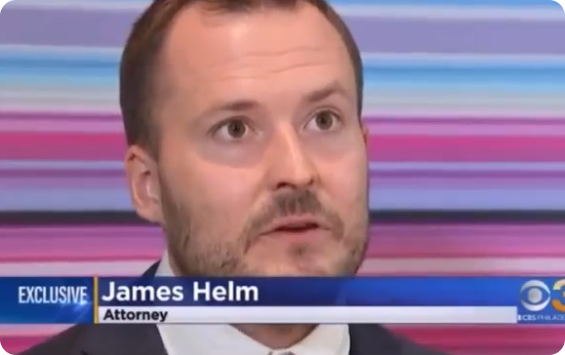
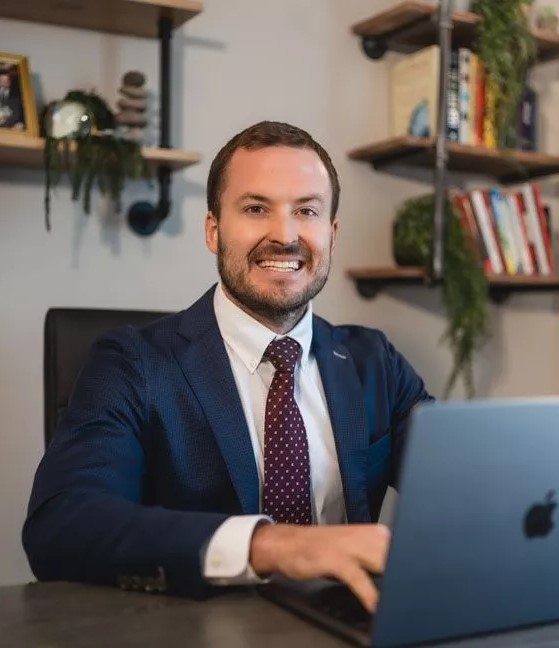
Personal injury law in Oakland covers a wide range of accidents and injuries, each with its own set of rules, complications, and quirks. If someone’s negligence caused your injuries, there’s a path forward. Here’s what that looks like.
Common injuries in Oakland personal injury cases include:
The amount someone might recover depends on three major categories of damages.
These are the financial losses you can measure. Think receipts, bills, and numbers on a spreadsheet. Under California Civil Code § 3281, the purpose of these damages is to make you “whole” again—or as close as possible.
Not every loss comes with a receipt. Non-economic damages cover the personal side of the injury—things that don’t show up in bank statements but affect your life all the same.
Punitive damages are less about paying you back and more about punishing the wrongdoer. They’re meant to discourage reckless or malicious behavior. In California, punitive damages follow Civil Code § 3294, which allows for these awards when the defendant’s actions showed “oppression, fraud, or malice.”
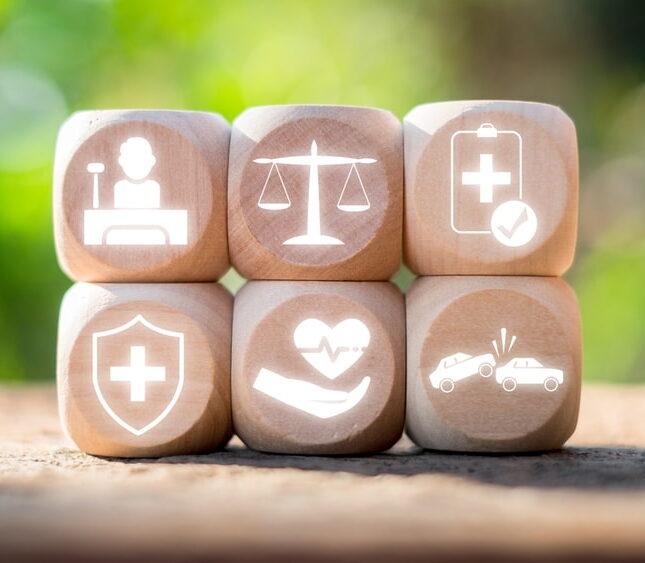
Oakland’s High Injury Network paints a clear picture. About 8% of Oakland’s streets account for nearly 60% of severe and fatal traffic collisions. These streets form the backbone of where serious accidents cluster. The city tracks these areas to prioritize improvements, but until those changes stick, these roads remain dangerous ground.
After an accident, dealing with physical pain is one thing. Dealing with an insurance company is another battle entirely. Their job is to pay out as little as possible. And they’ve got an entire playbook dedicated to that mission.
Accidents knock you down. The right lawyer helps you get back up—and take control. Whether a reckless driver sideswiped you on International Boulevard or a business skipped basic safety in downtown Oakland, you deserve someone in your corner who knows how to fight.
At TopDog Law, our network of Oakland personal injury lawyers connects you with an attorney who knows how to hold the line against insurance companies. Someone who’s ready to build your case and push for the compensation you’re owed.
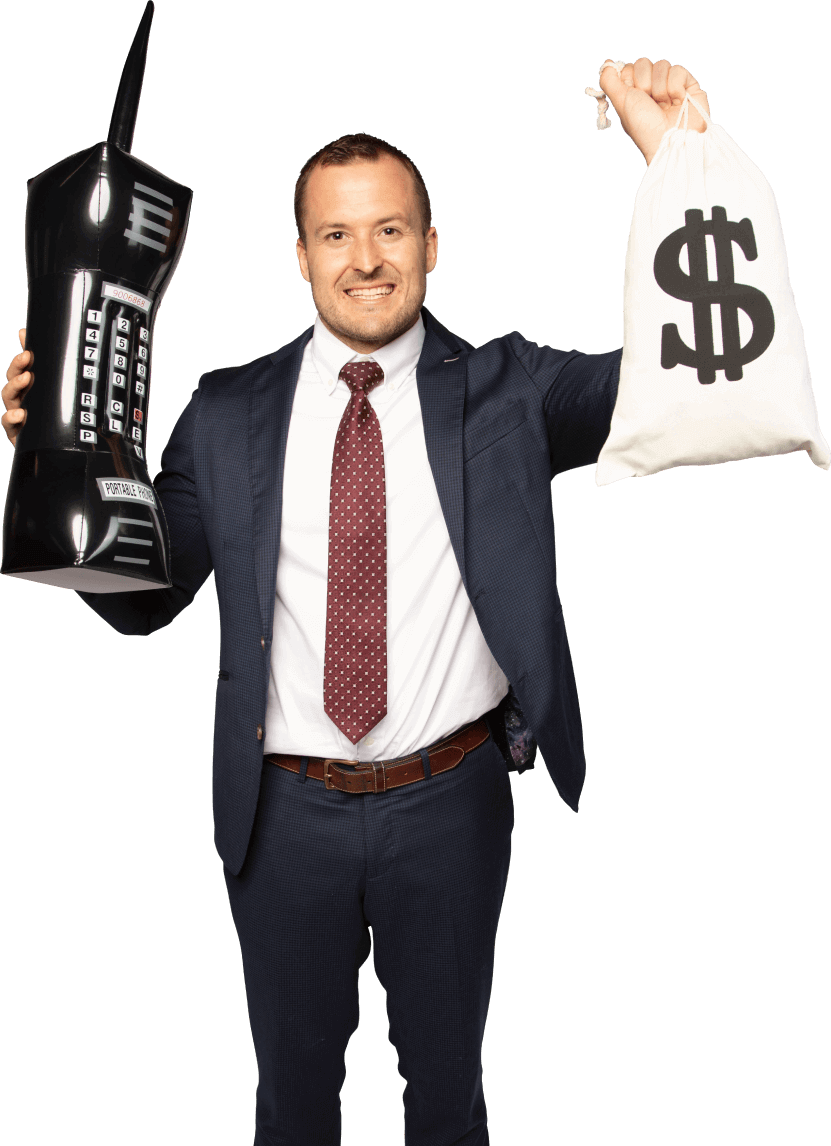
TopDog Law is known for its relentless pursuit of justice. Our experienced team fights tirelessly to secure maximum compensation for our clients, ensuring every case is handled with dedication and determination.
We understand the emotional and financial toll that personal injuries can take. That’s why we prioritize open, compassionate communication and provide tailored support throughout the legal process. With free consultations and a contingency fee model, you won’t pay a dime unless we win your case.
With TopDog Law on your side, you can rest assured that you have a tenacious, experienced team fighting to get you the compensation you deserve, no matter where you’re located.
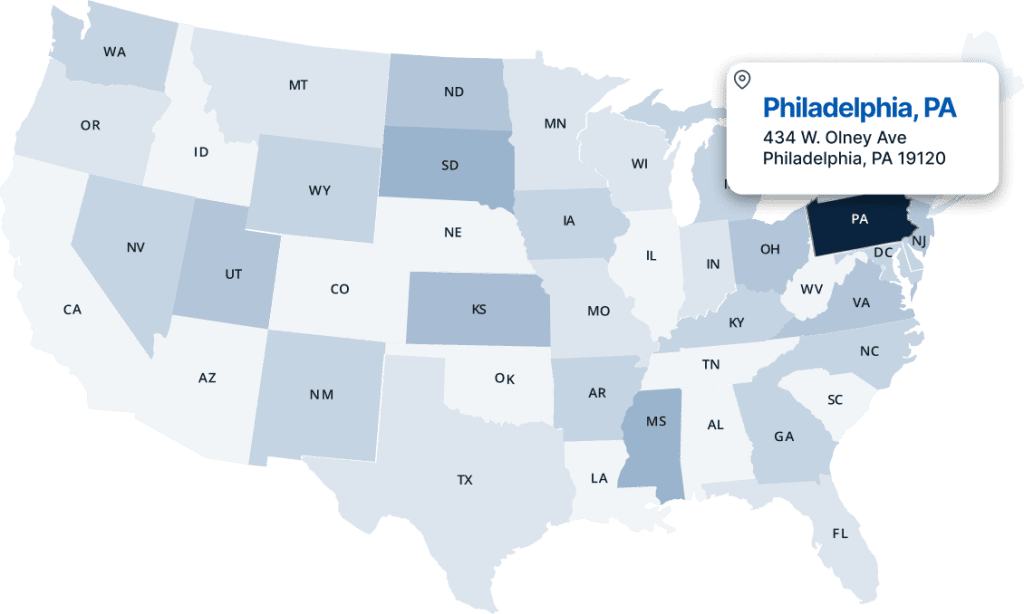
TopDog Law is a national marketing network for law firms, including Helm Law Group, LLC, which license the TopDog Law name and separately operate in states where they are each licensed. James Helm is licensed to practice in Arizona and Pennsylvania. Helm Law Group, LLC operates in Arizona.
3225 Cumberland Blvd, Ste 100
Atlanta, GA 30339
111 Presidential Blvd., Suite 251
Bala Cynwyd, PA 19004
1 South St, Suite 2125A
Baltimore, MD 21202
950 22nd Street N. Suite 600
Birmingham, AL 35203
361 Newbury Street, 3rd Floor
Suite 310
Boston, MA 02115
305 E 204th St.
Bronx, NY 10467
215 E 5th St, Unit 1 Suite 400-3
Brooklyn, NY 11218
1207 Delaware Ave, Suite 012
Buffalo, NY 14209
101 N Tryon St. Suite C
Charlotte, NC 28246
6343 S Western Ave.
Chicago, IL 60636
2217 E 9th St, Suite A
Cleveland, OH 44115
66 S Logan St Suite B
Denver, CO 80209
645 Griswold Street, Suite 1309
Detroit, MI 48226
863 Massachusetts Ave 2nd floor Suite B
Indianapolis, IN 46204
317 E Capitol St suite 200C
Jackson, MS 39201
1701 Troost Ave suite 202b
Kansas City, MO 64108
#8 Shackleford Plaza, Suite 304
Little Rock, AR 72211
8124 W 3rd St, Suite 201
Los Angeles, CA 90048
3385 Airways Blvd Unit 301F
Memphis, TN 38116
1433 N Water St Suite 400D
Milwaukee, WI 53202
600 Mount Prospect Avenue, Suite A
Newark, NJ 17104
66 Franklin St, Suite 300C
Oakland, CA 94607
5627 Germantown Ave Suite 420
Philadelphia, PA 19144
2700 N Central Ave Suite 320B
Phoenix, AZ 85004
6425 Living Place, Suite 200
Pttsburgh, PA 15206
920 West Sproul Road, Suite 201
Springfield, PA 19064
4625 Lindell Blvd Suite 200 & 300C
St. Louis, MO 63108
1150 Connecticut Ave NW, Suite 802B
Washington, DC 20036
6832 W North Ave Suite 2A
Chicago, IL 60707
3509 Haverford Ave, Suite 102
Philadelphia, PA 19104
Copyright 2025 All Rights Reserved © TopDog Technologies, Inc. and Helm Law Group, LLC
403 Olde House Lane Media, PA 19063
